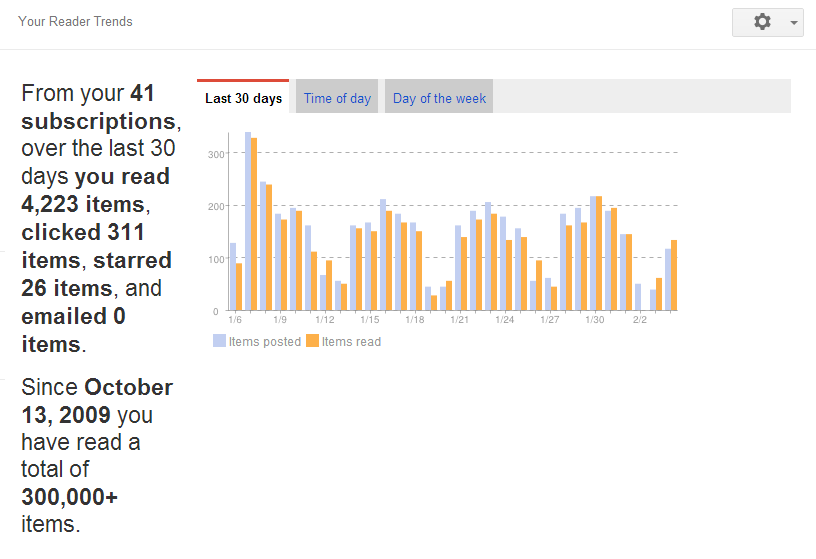A “freemium” is a version of a company’s product or service that they offer to users for free. It’s a great way to get users to try out a product or service. I’ve signed up for many myself. In some cases, the company offering the freemium tries to make money through advertising, but unless your product is Gmail, they don’t make much through ads. Most of the money is made when users convert to their premium, or paid, products.
For many web services, the freemium version is a feature rich product, So much so that you can do a lot without ever paying a penny. Prominent examples that come to mind are Dropbox, Evernote and RunKeeper.
While it would be easy to continue using these services without ever paying, I decided it was time last year to support the web services that I’m getting value from. For example, the premium version of Evernote is $45 – for the year! To put it in perspective, it’s less than $4/month, or just over 10¢ per day. It was pretty obvious that I was getting way more value than $4 per month from the product. Look at it this way: I spend more than that in one trip to Starbucks, and that fix only lasts a couple of hours. There’s even the added bonus of getting a few extra features, which makes the upgrade even that much easier to pull the trigger on.
In many cases, the annual fee for a service is even less than Evernote’s. I also subscribe to Remember the Milk, a to-do list manger that has helped me immensely over the last year. It only costs $25 for the year. Another of my favorites is RunKeeper, which is a downright bargain at only $20 for the year. Given how much I use these services, paying these small fees is the least I could do. I view it as doing my part to help insure that these application are available in the future.
So what’s my advice? By all means, take advantage of the freemium model. Use it to try services and see if they add value. Once you determine they do, then upgrade to the premium version and pay the nominal annual fee. If not for the additional features, do it to support the teams who are making it happen so they can continue to work on and develop the product. Otherwise, you have no right to complain when the service you love and depend on falls into a state of disrepair and eventually goes away.

